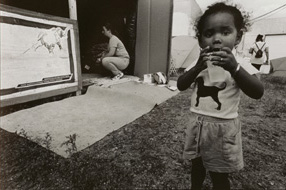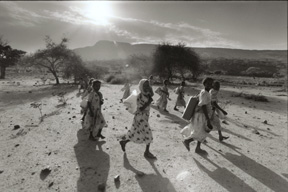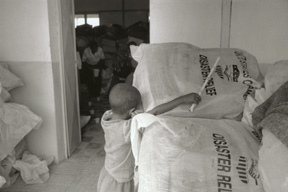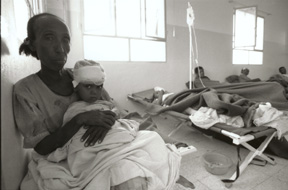|
|
|
A World Bank report described as the most detailed investigation yet into global poverty has come under fire from development charities, which accused the Bank of censoring the radical conclusions of an earlier version. Aid agencies said that criticisms of orthodox economic policies in a draft printed on the Web in January had been removed from the final version of the Bank's world development report, published last week. "It is a comprehensive overhaul in which much of the draft's critique of conventional Bank thinking has been replaced by an apologia for business as usual," said Duncan Green, of Cafod, the Catholic aid agency. The report's original author, Professor Ravi Kanbur, resigned in June after apparent disagreements with more orthodox economists at the Bank over his insistence that redistributive taxation policies and social spending were vital in tackling global poverty. Prof Kanbur's draft criticised free- market reforms advocated by the Bank and the International Monetary Fund, which it said had harmed poor people in some countries. The final version omits most of the sections describing the downside of market reforms, and concentrates on their benefits for economic growth. The draft blamed the rapid opening of financial markets for the crisis that swept Asia three years ago, and advocated that countries use controls to stem speculative flows of capital. In the final version this section has been cut to a line recommending a "cautious approach" to the process of liberalising financial markets and using capital controls as a transition measure. The Bank denied the charges of censorship, and said the key messages of Prof Kanbur's draft had survived. The final report argues that economic growth is crucial but often not sufficient to improve living standards in poor countries. It advocates a three-prong approach of expanding economic opportunities for the poor, while empowering them, and providing security against social and economic shocks..nd to poverty. These foot-soldiers are mobilisi |




